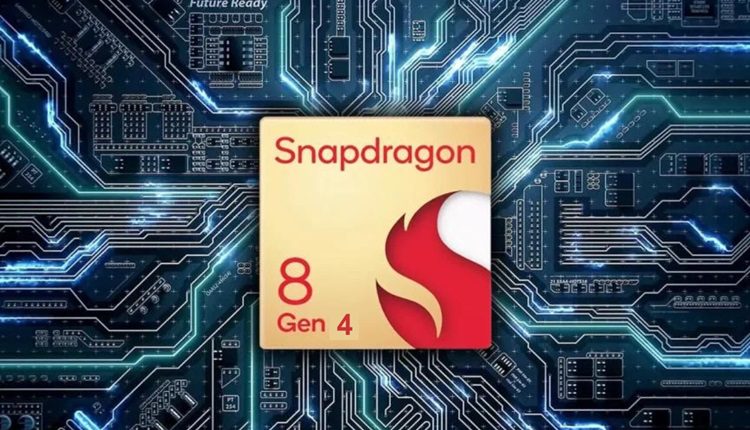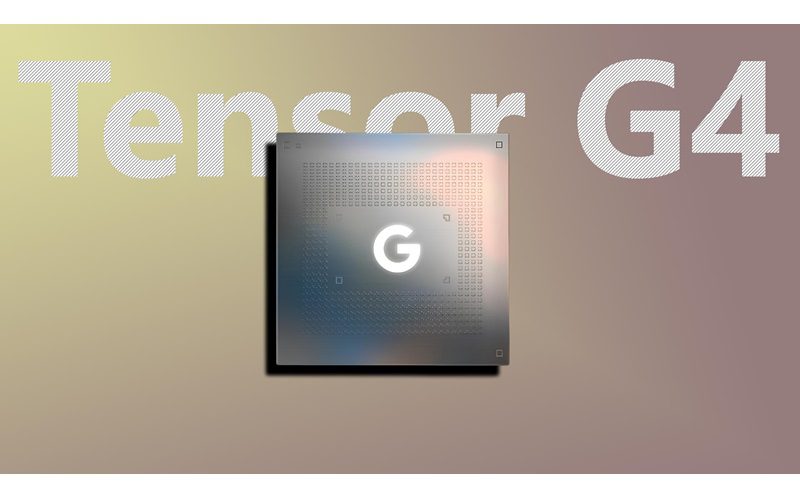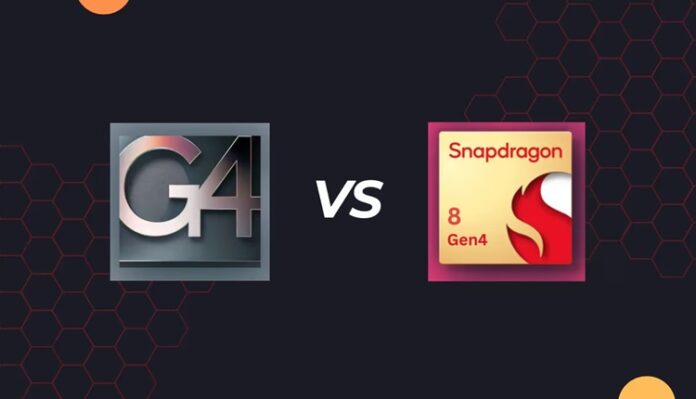In 2024, two flagship mobile processors are set to dominate the Android market: Google’s Tensor G4 and Qualcomm’s Snapdragon 8 Gen 4. The Tensor G4 is specifically designed for Google’s Pixel 9 series in partnership with Samsung, while the Snapdragon 8 Gen 4, made by TSMC, will power a wide range of high-end Android phones. Despite their different origins, these chips have several key differences in their specifications. In this article, we’ll talk through the Tensor G4 and Snapdragon 8 Gen 4 Comparison, in terms of performance, focusing on AnTuTu and Geekbench scores.
Table of Contents
Tensor G4 and Snapdragon 8 Gen 4 Comparison:
Key Differences Between Tensor G4 and Snapdragon 8 Gen 4:
Tensor G4 Advantages:
- Higher GPU Clock Speed: The Tensor G4’s Mali-G715 GPU runs at 940 MHz, slightly faster than the Snapdragon 8 Gen 4’s Adreno 760 GPU, rumored to operate at 930 MHz.
- Optimized for Pixel Features: As a custom chip for Pixel phones, the Tensor G4 is expected to handle AI features on the Pixel 9 series more efficiently.
- Enhanced Security: Tensor G4 includes a dedicated Titan M2 co-processor for added security, a feature unique to Pixel devices.
Snapdragon 8 Gen 4 Advantages:
- More Advanced Process Node: Snapdragon 8 Gen 4 is built on TSMC’s newer and more efficient 3nm process, while Tensor G4 uses Samsung’s older 4nm technology.
- Higher CPU Clock Speed: The Snapdragon 8 Gen 4 can reach up to 4.2 GHz, outpacing Tensor G4’s maximum of 3.1 GHz.
- Better Instruction Set: Snapdragon 8 Gen 4’s advanced instruction set may lead to faster and more efficient processing.
Performance Comparison: AnTuTu and Geekbench Scores:
AnTuTu Scores: AnTuTu evaluates a processor’s performance across CPU, GPU, memory, and user experience. Here’s how Tensor G4 and Snapdragon 8 Gen 4 stack up:
| AnTuTu (V10) | Tensor G4 | Snapdragon 8 Gen 4 |
|---|---|---|
| Overall Score | 13,23,184 | 31,33,570 |
| CPU | 3,94,284 | 7,02,689 |
| GPU | 4,53,826 | 13,30,057 |
| Memory | 2,61,584 | 6,16,268 |
| UX | 2,13,490 | 4,84,556 |
The Snapdragon 8 Gen 4 clearly leads in overall performance, especially in GPU and memory.

Geekbench Scores: Geekbench measures CPU performance. Below are the single-core and multi-core scores:
| Geekbench Scores | Tensor G4 | Snapdragon 8 Gen 4 |
|---|---|---|
| Single-Core | 1,964 | 2,884 |
| Multi-Core | 4,235 | 8,840 |
Once again, the Snapdragon 8 Gen 4 outperforms the Tensor G4, particularly in multi-core tasks.
Tensor G4 vs Snapdragon 8 Gen 4 Specifications:
Here’s a side-by-side look at the expected specifications:
| Specifications | Tensor G4 | Snapdragon 8 Gen 4 |
|---|---|---|
| Process Node | 4nm | 3nm |
| Manufacturer | Samsung | TSMC |
| CPU Cores | 8 | 8 |
| CPU Structure | 1x Cortex-X4 at 3.10GHz 3x Cortex-A720 at 2.60GHz 4x Cortex-A520 at 1.92GHz | 2 Cortex-X925 cores at 4.2GHz 6 Cortex-A725 cores at 2.8GHz |
| Max CPU Frequency | 3,100 MHz | 4,260 MHz |
| GPU | ARM Mali-G715 (940 MHz) | Adreno 760 (935 MHz) |
| NPU | Yes | Hexagon |

Conclusion:
The Snapdragon 8 Gen 4 holds a clear advantage over the Tensor G4 in several areas, particularly in performance benchmarks like AnTuTu and Geekbench. While the Tensor G4 is optimized for Google’s Pixel devices and offers strong security features, the Snapdragon 8 Gen 4’s newer process node, faster CPU, and better instruction set make it the stronger contender for high-end Android smartphones in 2024.







